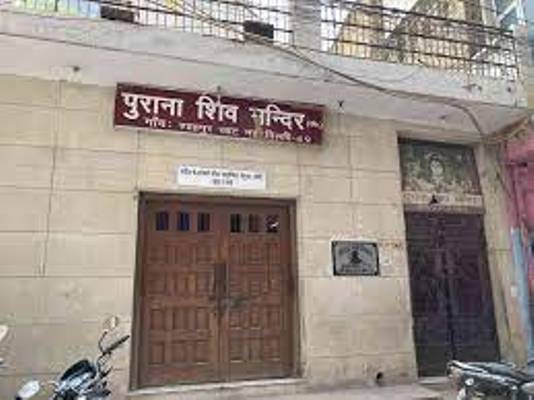In Shahpur Jat in Hauz Khas, South Delhi, an idol of Sai Baba was demolished by a group of Hiduttvavadis, led by a businessman Padam Panwar. The idol of Sai Baba was in the Purana Shiv Mandir in the temple complex. Padam Panwar is a member of the temple committee which had set up the idol in the first place. Panwar is a known close associate of Yati Narsinghanand Saraswati, the chief priest of the Dasna Devi Mandir in Ghaziabad. This Mandir was recently in the news when a Muslim boy who was seeking water was thrashed near it by one of the followers of Narsinghanand. Hindu Swabhiman is a group led by Narsinghanand Saraswati. Padam Panwar while demolishing the idol of Sai Baba was claiming that Sai Baba was a Muslim. He made other vilifying claims while taking down the idol. The temple authorities in the Shahpur Jat Hauz Khas have distanced themselves from the incident. Narsinghanand has endorsed the demolition of the idol, which has placed the temple in huge discomfort.
Reactions came as a result of this incident in Hauz Khas. Subsequently, in the course of events, Yati Narsinghanand Saraswati at a press conference in Delhi Press Club hurled abuses and comments on Islam and its prophet. In retaliation, AAP MLA Amanatullah Khan spoke about tearing out Narsinghanand’s tongue and beheading him, further adding that these actions are sanctioned in the Shariah. Moving a step ahead, Pinki Chaudhary of Hindu Raksha Dal, who is also a close aide of Narsinghanand retaliated by declaring a bounty of Rs 51 lakh on the head of Amanatullah Khan.
Such exchanges of abuses, retaliations, and placing of bounty are dangerous as they can trigger violent reactions with escalating tendencies, possibly taking an uncontrollable proportion.
Violations of laws-Section 124A, 153A, 153B, & 505(2) of IPC & Article 19(2) of Constitution
The act committed in the Shahpur Jat is a direct violation of Section 153A of the IPC which deals with Promoting enmity between different groups on grounds of religion, race, place of birth, residence, language, and doing acts prejudicial to maintenance of harmony. The act was also in violation of Section 153B of IPC which deals with imputations, assertions prejudicial to national-integration and Section 505(2) of IPC which deals with offence under sub-section (2) committed in place of worship. The speeches from both sides are in direct violation of Article 19(2) of the Indian constitution, which imposes reasonable restriction on freedom of speech. They are clearly falling in the category of hate-speeches and in the violation of Section 124A of IPC which states that “whoever, by words, either spoken or written, or by signs, or by visible representation, or otherwise, brings or attempts to bring into hatred or contempt, or excites or attempts to excite disaffection towards the Government established by law in India shall be punished with (imprisonment for life), to which fine may be added, or with imprisonment which may extend to three years, to which fine may be added, or with fine.”
Sai Baba of Shirdi was a spiritual leader, fakir & sanyasi in nineteenth-century India. He was known for his service to the poor and many inexplicable miracles. He is considered a symbol of syncretism as he is worshipped and revered by Hindus & Muslims alike. He left his body for heavenly abode on October 15, 1918. Many consider him the manifestation of the Sri Dattaguru, who was a sanyasi revered as an incarnation of the trinity of the Hindu pantheon of Gods. Dattaguru is revered in the Nath tradition of Shaivism as the Adi-guru of Adinath Sampradaya. Hence, the demolition of the idol of a revered figure having a connection to an Adi Guru in Hinduism is a shocking incident. Apart from this, the ball of the conflict is now rolling into potentially dangerous territory.





